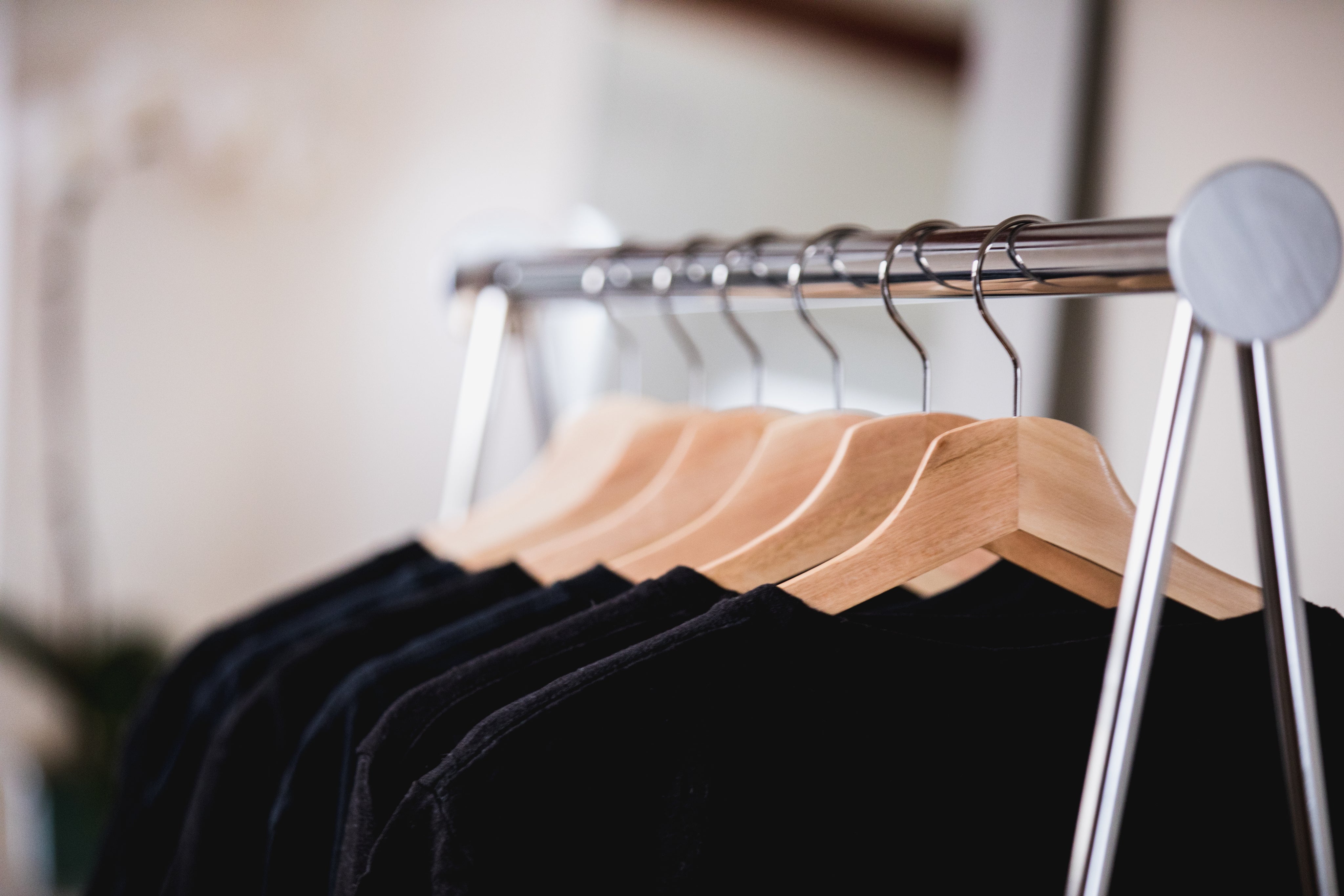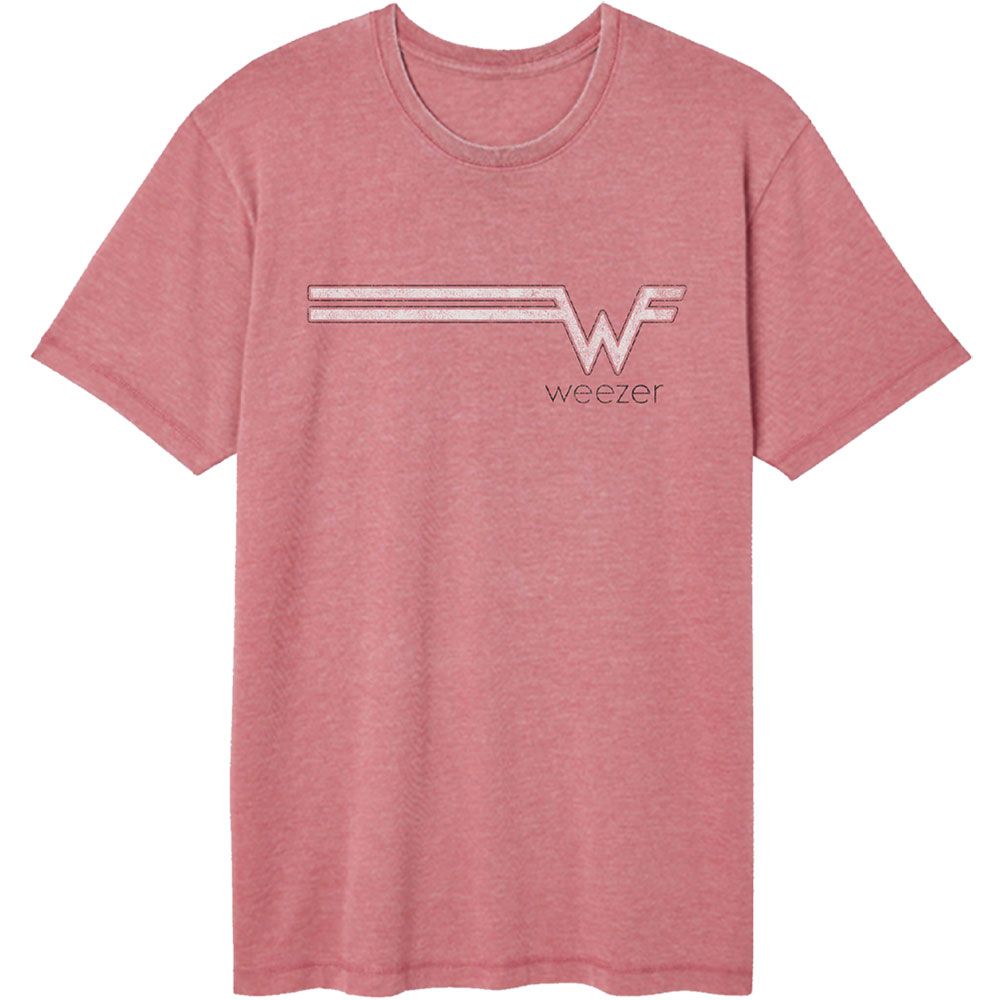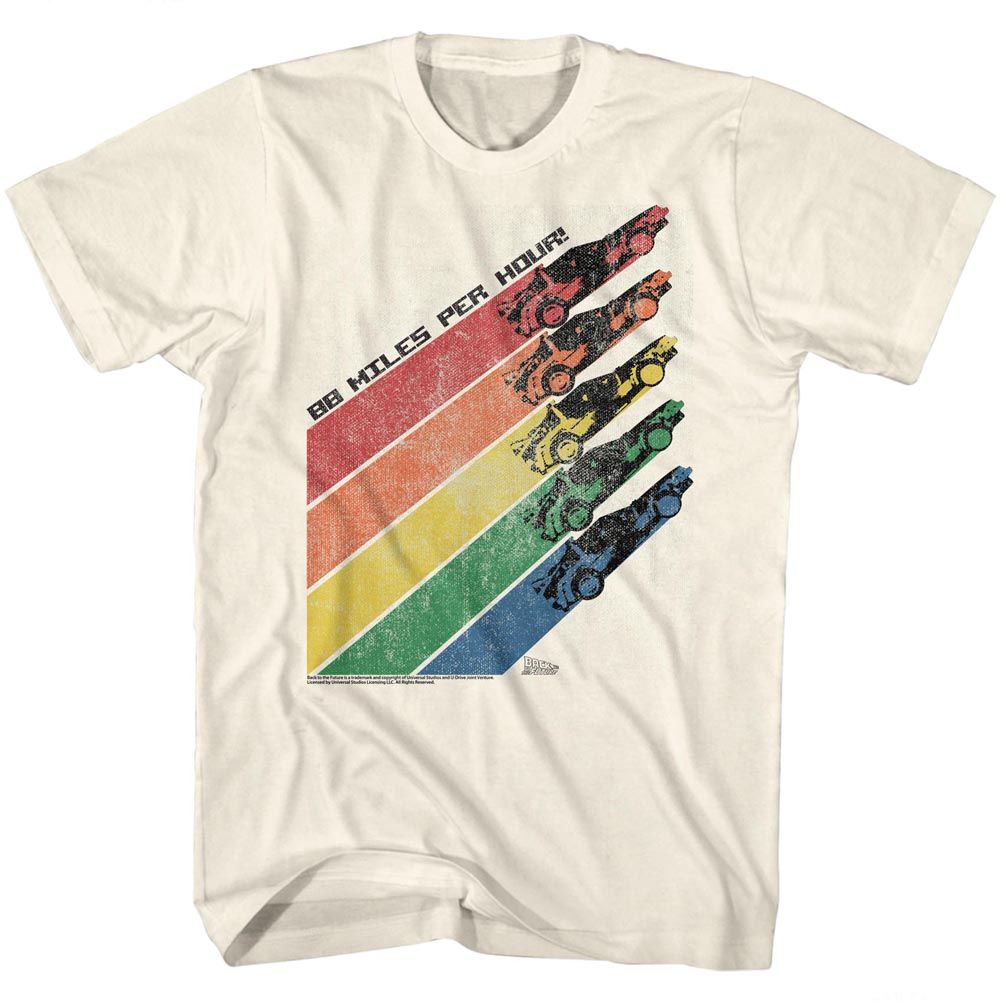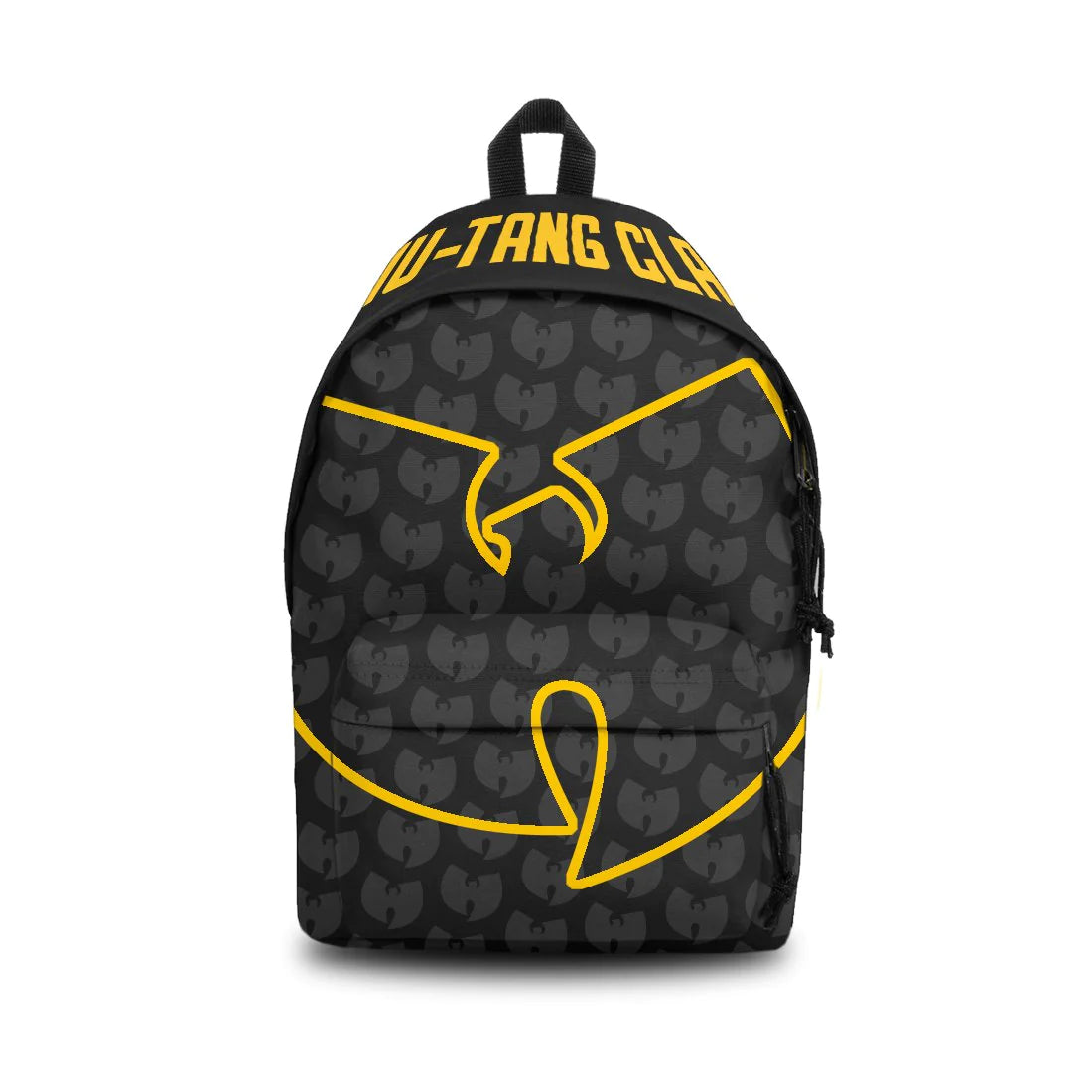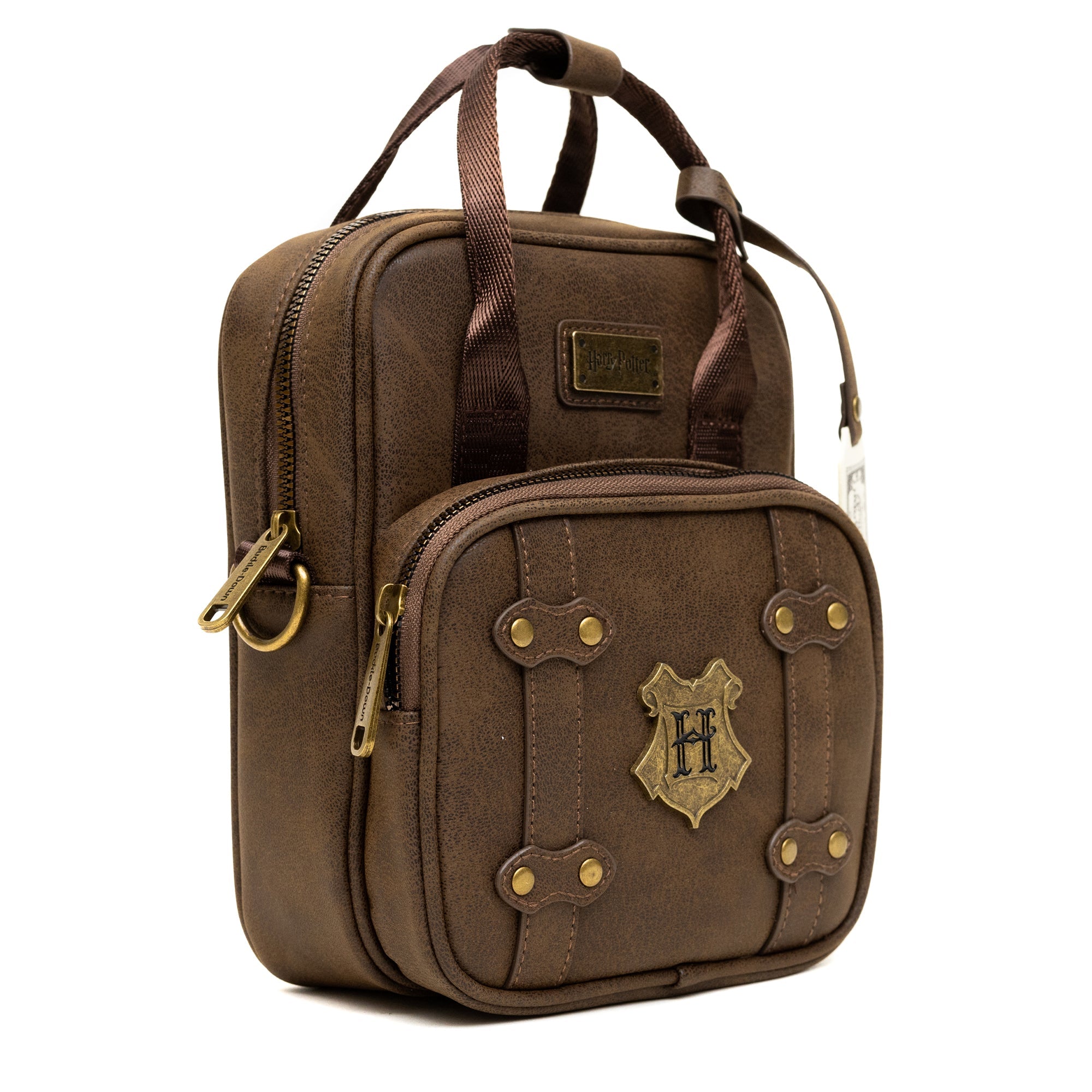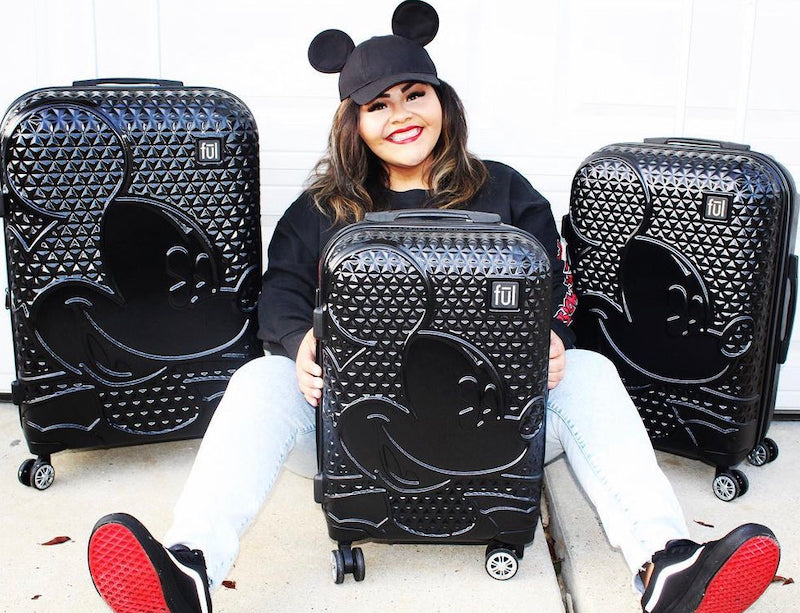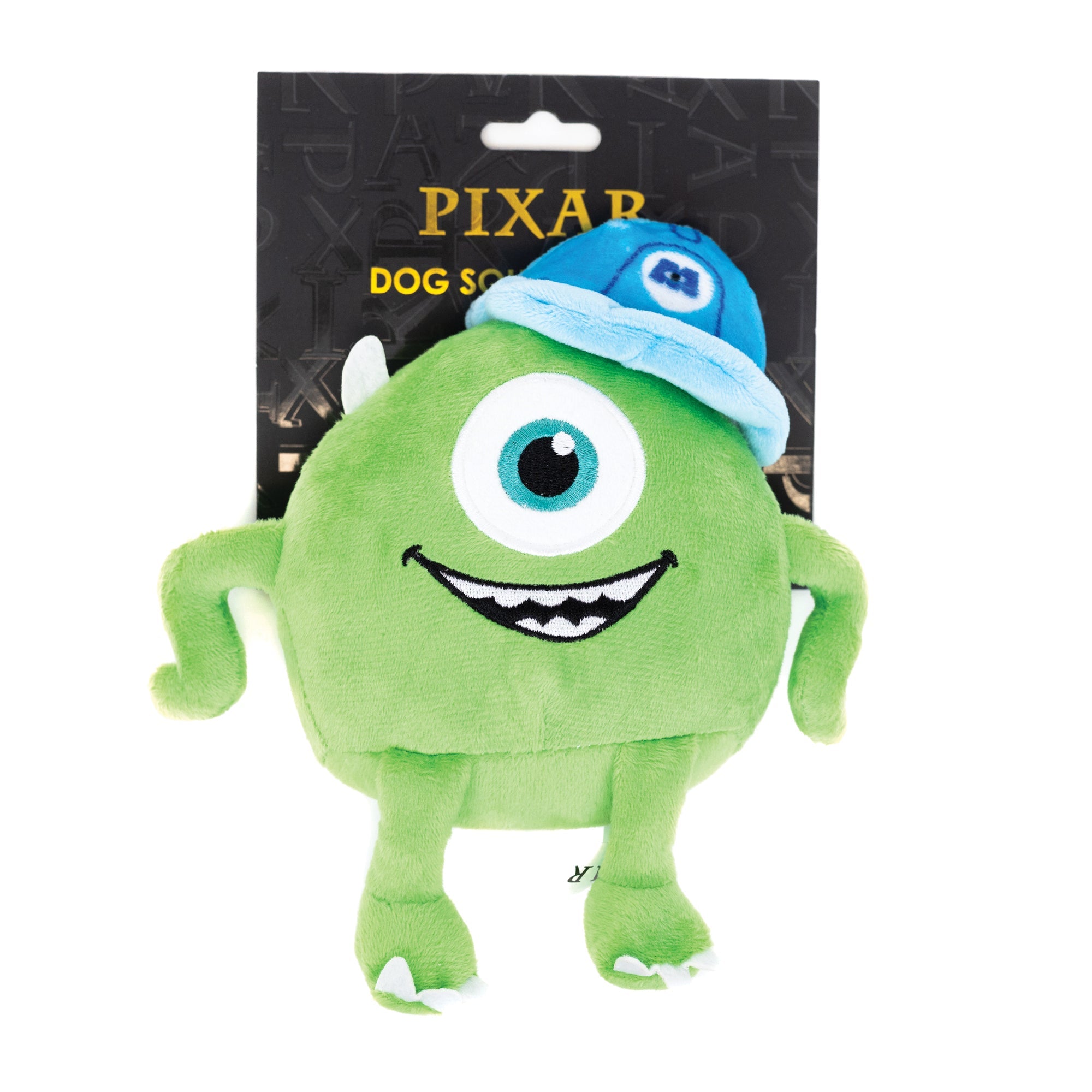One of the largest challenges that retailers face is finding good wholesale suppliers for their business. Unlike other industries, many wholesale suppliers have been slow to adapt to ecommerce and marketing their wholesale programs online. This is because wholesale margins are typically much lower for suppliers versus selling on retail channels. Wholesale suppliers and manufacturers tend to put their money towards advertising their retail stores and DTC (direct to consumer) retail channels instead of advertising their wholesale merchandise. Due to this, it may be harder for new retailers to discover the best wholesale suppliers for their business. To help, we put this guide together to help retailers sort thought the noise. This will empower retailers to avoid shady or downright criminal suppliers and to source legitimate wholesale merchandise at the best price. We will also discuss how and when to negotiate with your wholesale suppliers.
What the Best Wholesale Suppliers Don’t Do!
Before we jump into business best practices and the “rules of engagement” with wholesale suppliers, it’s important to keep your eyes out for bad actors and companies or people that may try to take advantage of new retailers. To get started, let’s talk about what good wholesale suppliers don’t do (or almost never do). There are always exceptions to every rule, but some of the below may be red flags.
- Require a retailer to pay for a subscription or pay a fee to buy their products.
- Have a website that does not have contact information that includes their address and phone number.
- Require all retailers to pay via a direct bank wire / transfer payment. This one is not always true but can be risky for retailers. Unlike a credit card chargeback, once you pay someone with a direct bank transfer, it may be almost impossible to get your money back if they don’t send you the merchandise. Do your homework on each B2B supplier before ever sending them money.
- The wholesale supplier does not appear to be knowledgeable about the products that they sell.
- The B2B supplier does not ask your company for proof of business registration or ask for sales tax exemptions / resale certificates.
- The wholesale supplier makes most of their sales via retail channels (stores and websites selling to end-use customers).
The above list is just a few things to contemplate when considering setting up a relationship or making a purchase from a new wholesale supplier. Let’s jump into this a bit more and discuss why any of the above may be a concern for your business? First up, let’s start with the easy one… Suppliers that ask for money up-front to access their wholesale website, products, or services. In general, this should be a red flag for your company. It does not mean that if you place a wholesale order with a supplier like this, that you won’t get your items, but it does mean that you will probably pay more over time than other companies or businesses. As with any of these rules, please note that there may be exceptions. Specifically, B2B suppliers that offer single-item dropship services or very low-minimum wholesale, may charge for these services. Also, note that online wholesale directories and supplier lists are not wholesale suppliers. They are a list of wholesale suppliers. These companies are usually tech companies that make money either from B2B suppliers that get listed in their directories or from retailers who would like to access their database and contact information of wholesale companies.
B2B suppliers that do have a website but do not have contact information on their website may also be a sign that you should take a closer look before doing business with them. With only a simple email address or contact form, you have very little recourse to contact the supplier if needed. We always suggest calling the phone numbers listed on a wholesale supplier’s website or in a directory before sending any money to them. Simply call them and tell them that you’re interested in setting up a wholesale account with them. Be sure to ask them about the products, wholesale order minimums, payment terms and shipping information before placing any orders. The best wholesale suppliers will easily be able to answer these questions for you on-the-spot. Legitimate wholesale suppliers will also usually send you over paperwork or a link to their website where you can fill out onboarding paperwork.
Next up, let’s talk about the onboarding process that you can expect from legitimate wholesale suppliers. As a general rule, the best wholesale suppliers will require some type of verification that you actually have a registered business in your state or country. In the U.S., it is very common for a supplier to ask you for a resale certificate or business license from your state. This shows that your company is registered in your state to do business and to collect sales taxes. In most states and industries, it is almost impossible to have a legitimate business without it being registered to collect sales taxes. This is why wholesalers will ask for this information. Additionally, many wholesale suppliers will ask you to complete a resale certificate or sales tax exemption form. The purpose of this form is for your benefit. It releases the wholesale supplier from having to withhold sales tax on anything they ship to you. This means that you do not have to pay sales tax on the items purchased from a wholesale supplier. In turn, this will increase your margins to help make your company more profitable. This is enabled by laws in every state that exempt items purchased for resale in a business from sales tax.
What if a wholesale supplier doesn’t ask for a business license, registration, or other information. Does that mean that they are not a good wholesale supplier? Well, not always… Some B2B suppliers may not care as much about your legal status. This can vary widely by industry. If they don’t ask you for paperwork and don’t charge you sales tax, it doesn’t mean they’re not legitimate, but it may mean that they’re not in line with sales tax laws. That may mean that their operations are not efficient or that they’re not knowledgeable about their own business. Probably worth asking them why they don’t ask for this information.
Wholesale Suppliers that Mostly Sell Retail to Customers
It has become more and more common for retailers to offer a wholesale program. A retailer is a company that makes most of their sales directly to end-user customers like Target, Hot Topic or Walmart. When retailers offer what they call a wholesale program, it is almost never a true wholesale business. They are simply trying to sell their left-over inventory or closeouts to you at a discount. For in-demand products, wholesale pricing direct from the official wholesale supplier or manufacturer will always be cheaper. With that said, there may be opportunities with retailers that want to liquidate their inventory to you at a loss or lower prices. These are called closeouts. If buying closeouts, be aware that the items may include returns, odd sizes of apparel or shoes, and probably include less popular styles or products. Typically, you will not be able to see each piece or item in a closeout lot. They are usually sold by the box, pallet, truckload or by weight. For some retailers, there is opportunity here, but those opportunities are usually in secondary markets, at flea markets or on online marketplaces like eBay or Facebook marketplace.
Discover the Best Wholesale Suppliers
Now that we have uncovered some potential red flags, let’s get to the good part… Finding the best wholesale suppliers. To be successful, your company needs to locate the best wholesale suppliers in your industry and then vet those suppliers for legitimacy and to ensure that their policies fit your business needs. Some things to consider include:
- Wholesale Order Minimums: Ensure that it makes business sense for your company to hold the amount of stock required by each wholesale supplier. This is affected by the wholesale supplier’s order minimums.
- Payment Terms: Does the manufacturer or wholesale supplier offer net terms to customers (look it up if you don’t know). In many cases, a wholesale supplier may start a relationship with your company based on prepaid terms. This means that you pay just before an order is shipped. As you build a relationship of increasing order volume and consistent sales with a wholesale supplier, they will be more likely to offer a small line of credit to you. After 6 months to a year of on-time payments and consistent business, we suggest that you reach out to the supplier to inquire about net terms.
- Shipping Costs and Fulfillment Times: Make sure that you understand how long it will take to receive your merchandise and how much it will cost you to receive items for your store. This will empower you to control inventory, cash flow and ensure that each item you purchase is profitable. For many items, the shipping cost can be the difference between profit and loss.
- Online Sales / Online Marketplace Policies: If you’re planning to sell online, ensure that you understand the wholesale supplier’s ecommerce sales policies. It is also important to make sure that you know if the manufacturer of the items has any restrictions on online / marketplace sales. It is possible that a wholesale supplier may not communicate these policies to you only to have your product listings forcibly removed from online marketplaces like eBay, Amazon.com, etc. Ask lots of questions about this before buying inventory to sell online.

